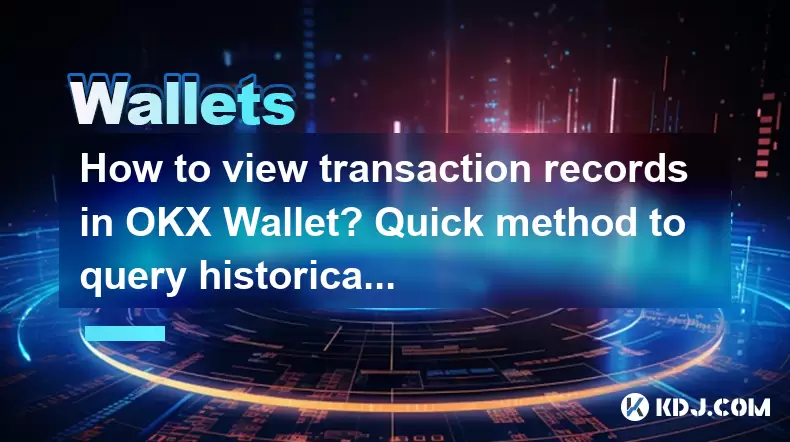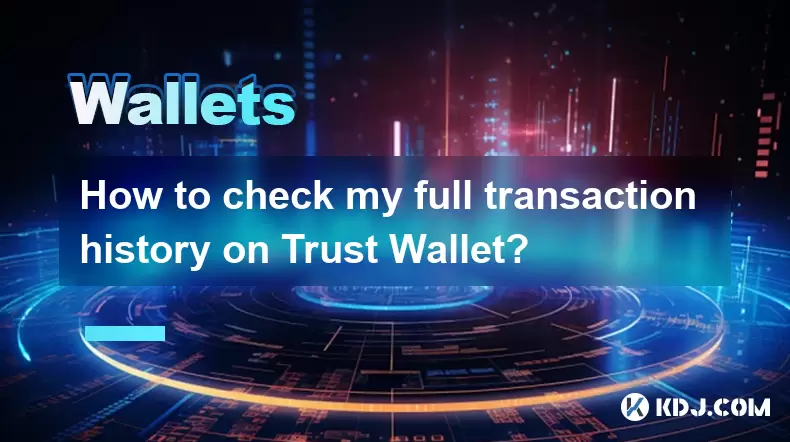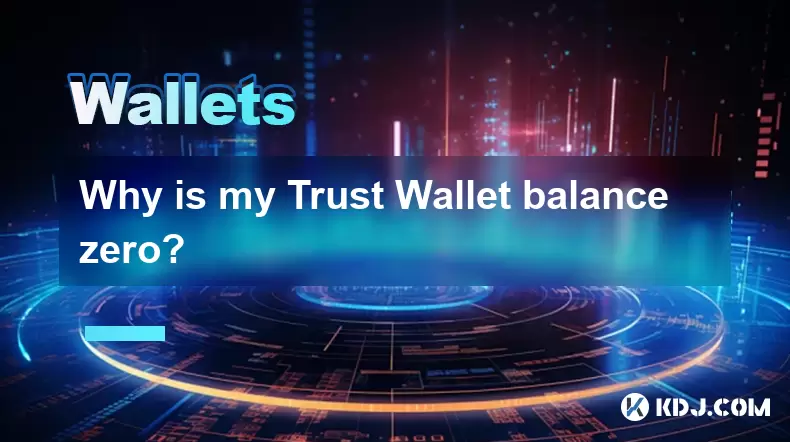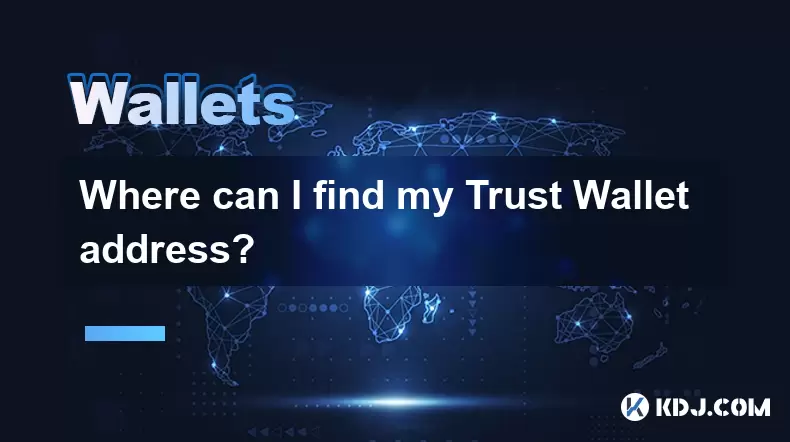-
 Bitcoin
Bitcoin $113900
-1.39% -
 Ethereum
Ethereum $3517
-4.15% -
 XRP
XRP $3.009
1.59% -
 Tether USDt
Tether USDt $0.9997
-0.04% -
 BNB
BNB $766.8
-1.41% -
 Solana
Solana $164.6
-2.38% -
 USDC
USDC $0.9998
-0.02% -
 TRON
TRON $0.3277
0.65% -
 Dogecoin
Dogecoin $0.2023
-1.67% -
 Cardano
Cardano $0.7246
0.05% -
 Hyperliquid
Hyperliquid $38.27
-4.77% -
 Sui
Sui $3.528
-0.52% -
 Stellar
Stellar $0.3890
-0.73% -
 Chainlink
Chainlink $16.16
-2.69% -
 Bitcoin Cash
Bitcoin Cash $539.9
-4.38% -
 Hedera
Hedera $0.2425
-2.00% -
 Avalanche
Avalanche $21.71
-0.97% -
 Toncoin
Toncoin $3.662
5.73% -
 Ethena USDe
Ethena USDe $1.000
-0.02% -
 UNUS SED LEO
UNUS SED LEO $8.964
0.35% -
 Litecoin
Litecoin $107.7
2.33% -
 Shiba Inu
Shiba Inu $0.00001223
-0.40% -
 Polkadot
Polkadot $3.617
-0.97% -
 Uniswap
Uniswap $9.052
-2.49% -
 Monero
Monero $295.1
-3.79% -
 Dai
Dai $0.9999
0.00% -
 Bitget Token
Bitget Token $4.315
-1.85% -
 Pepe
Pepe $0.00001060
0.11% -
 Cronos
Cronos $0.1342
-2.72% -
 Aave
Aave $256.0
-0.87%
How to view transaction records in OKX Wallet? Quick method to query historical details
To view transaction records in OKX Wallet, navigate to the wallet section, select your wallet, and use filters to query historical details efficiently.
May 18, 2025 at 08:14 pm

When managing your cryptocurrencies, it's essential to keep track of your transaction records. OKX Wallet offers a straightforward way to view and query your historical transaction details. In this guide, we'll walk you through the quick method to access your transaction records in OKX Wallet, ensuring you can efficiently manage and review your crypto activities.
Accessing OKX Wallet
To begin, you need to access your OKX Wallet. Open the OKX app on your mobile device or navigate to the OKX website on your computer. If you're using the mobile app, ensure you're logged into your account. On the website, you'll need to log in as well.
Navigating to the Wallet Section
Once logged in, navigate to the Wallet section. On the mobile app, this is typically found at the bottom of the screen. On the website, you can find it in the top menu. Click or tap on "Wallet" to proceed to the wallet dashboard.
Selecting the Appropriate Wallet
OKX Wallet allows you to manage multiple types of wallets. Choose the specific wallet from which you want to view the transaction records. This could be your spot wallet, futures wallet, or any other wallet you have set up. Click on the wallet name to open its details.
Viewing Transaction Records
Now that you're in the correct wallet, locate the transaction history section. This is usually labeled as "Transaction History" or "Transactions." Click or tap on this option to open the transaction records page.
Filtering and Querying Historical Details
On the transaction records page, you'll see a list of your recent transactions. To query historical details, use the filter options available. You can filter by date range, transaction type (deposit, withdrawal, trade), and specific cryptocurrencies. Here's how to do it:
- Select the date range: Use the calendar icons to set the start and end dates for the period you want to review.
- Choose the transaction type: Click on the dropdown menu to select the type of transaction you're interested in.
- Select the cryptocurrency: If you want to view transactions for a specific cryptocurrency, choose it from the list provided.
After setting your filters, click on the "Search" or "Apply" button to view the filtered transaction records. You'll see a detailed list of transactions that match your criteria, including the date, amount, type, and status of each transaction.
Exporting Transaction Records
If you need to keep a record of your transactions for personal records or tax purposes, you can export the transaction history. Look for an "Export" or "Download" button on the transaction records page. Click on it, and choose the format you prefer, such as CSV or PDF. Follow the prompts to download the file to your device.
Reviewing Individual Transactions
For a more detailed view of any transaction, click on the transaction ID or the transaction itself. This will open a new window or section with comprehensive details about the transaction, including the sender and recipient addresses, transaction fees, and block confirmation status.
Ensuring Security While Viewing Transactions
While viewing your transaction records, it's crucial to maintain the security of your account. Ensure you're using a secure internet connection, and never share your private keys or wallet passwords with anyone. If you're using a public computer, log out of your OKX account when you're finished.
FAQs
Q: Can I view transaction records for closed positions in OKX Wallet?
A: Yes, you can view transaction records for closed positions. Navigate to the specific wallet where the positions were held, and use the filter options to select "Trade" as the transaction type. You can then set the date range to include the period when the positions were closed.
Q: Is there a limit to how far back I can view transaction records in OKX Wallet?
A: OKX Wallet typically retains transaction records for a significant period, often up to several years. However, the exact duration may vary based on the type of wallet and the specific transaction. If you need records beyond the displayed period, you can contact OKX support for assistance.
Q: Can I view transaction records from other exchanges in OKX Wallet?
A: No, OKX Wallet only displays transaction records for transactions that occurred within the OKX platform. If you have transactions from other exchanges, you'll need to access those exchanges' platforms to view their respective records.
Q: What should I do if I notice a discrepancy in my transaction records?
A: If you notice a discrepancy in your transaction records, first double-check the filters and date range you've applied. If the issue persists, contact OKX customer support with details of the discrepancy, including the transaction ID and any relevant screenshots. They can help resolve any issues with your transaction records.
Disclaimer:info@kdj.com
The information provided is not trading advice. kdj.com does not assume any responsibility for any investments made based on the information provided in this article. Cryptocurrencies are highly volatile and it is highly recommended that you invest with caution after thorough research!
If you believe that the content used on this website infringes your copyright, please contact us immediately (info@kdj.com) and we will delete it promptly.
- Bitcoin Strategy: Saylor's Not Hoarding, He's Building an Empire
- 2025-08-02 22:30:12
- Bitcoin Bloodbath: Macro Pressures and Liquidations Unleash Crypto Chaos
- 2025-08-02 22:30:12
- Tron, Cold Wallets, and Crypto Trends: What's Hot in the Market?
- 2025-08-02 23:10:12
- Bitcoin's Wild Ride: Davinci, Investors, and the $500K Dream
- 2025-08-02 23:50:12
- Worldcoin, Identity, WLD Price: Decoding the NYC Crypto Buzz
- 2025-08-02 21:10:12
- Shiba Inu: Utility and Community Strength Drive Crypto's Evolution
- 2025-08-02 21:50:12
Related knowledge

What is a watch-only wallet in Trust Wallet?
Aug 02,2025 at 03:36am
Understanding the Concept of a Watch-Only WalletA watch-only wallet in Trust Wallet allows users to monitor a cryptocurrency address without having ac...

How to switch between networks in Trust Wallet?
Aug 02,2025 at 12:36pm
Understanding Network Switching in Trust WalletSwitching between networks in Trust Wallet allows users to manage assets across different blockchains s...

How to check my full transaction history on Trust Wallet?
Aug 02,2025 at 09:24am
Understanding Transaction History in Trust WalletTrust Wallet is a widely used non-custodial cryptocurrency wallet that supports a broad range of bloc...

Why is my Trust Wallet balance zero?
Aug 02,2025 at 03:49am
Understanding Trust Wallet Balance Display IssuesIf you're seeing a zero balance in your Trust Wallet despite knowing you've previously received or se...

What happens if I send crypto to the wrong network in Trust Wallet?
Aug 02,2025 at 07:22pm
Understanding Network Compatibility in Trust WalletWhen using Trust Wallet, it's essential to understand that different cryptocurrencies operate on di...

Where can I find my Trust Wallet address?
Aug 02,2025 at 06:07pm
Understanding Your Trust Wallet AddressYour Trust Wallet address is a unique identifier that allows others to send you cryptocurrency. It is a string ...

What is a watch-only wallet in Trust Wallet?
Aug 02,2025 at 03:36am
Understanding the Concept of a Watch-Only WalletA watch-only wallet in Trust Wallet allows users to monitor a cryptocurrency address without having ac...

How to switch between networks in Trust Wallet?
Aug 02,2025 at 12:36pm
Understanding Network Switching in Trust WalletSwitching between networks in Trust Wallet allows users to manage assets across different blockchains s...

How to check my full transaction history on Trust Wallet?
Aug 02,2025 at 09:24am
Understanding Transaction History in Trust WalletTrust Wallet is a widely used non-custodial cryptocurrency wallet that supports a broad range of bloc...

Why is my Trust Wallet balance zero?
Aug 02,2025 at 03:49am
Understanding Trust Wallet Balance Display IssuesIf you're seeing a zero balance in your Trust Wallet despite knowing you've previously received or se...

What happens if I send crypto to the wrong network in Trust Wallet?
Aug 02,2025 at 07:22pm
Understanding Network Compatibility in Trust WalletWhen using Trust Wallet, it's essential to understand that different cryptocurrencies operate on di...

Where can I find my Trust Wallet address?
Aug 02,2025 at 06:07pm
Understanding Your Trust Wallet AddressYour Trust Wallet address is a unique identifier that allows others to send you cryptocurrency. It is a string ...
See all articles

























































































